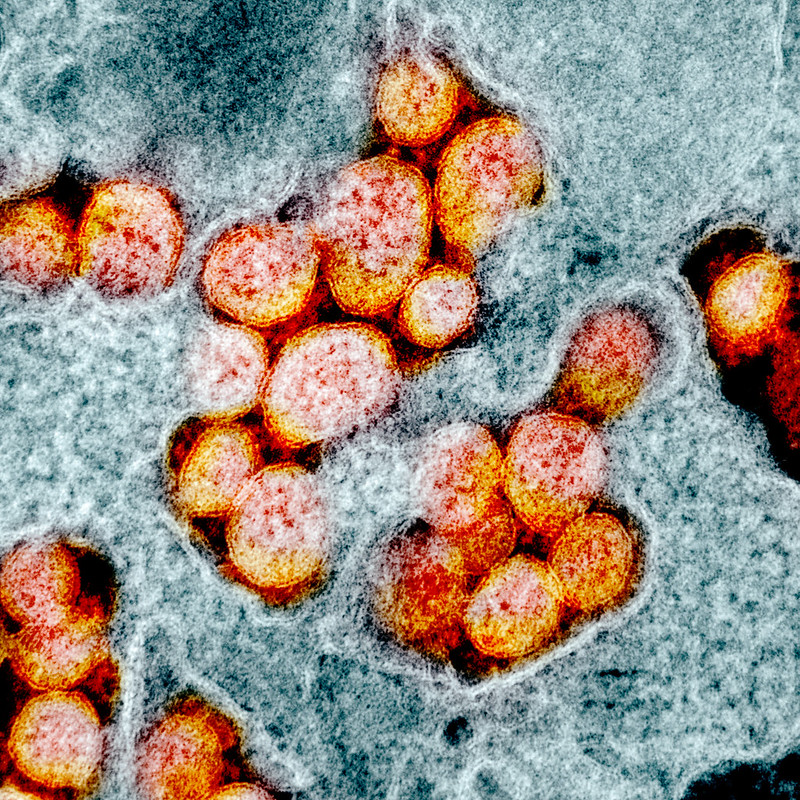AZ makes plans to supply 2 billion doses of COVID-19 vaccine

AstraZeneca has announced new plans to increase the global supply of Oxford University’s COVID-19 vaccine to more than two billion doses after striking agreements with several global not-for-profit organisations.
AZ has rights to Oxford University’s COVID-19 vaccine, which is one of 10 in clinical development, and is now the most advanced in trials, according to a regularly updated document from the World Health Organization.
The UK pharma has reached agreements with the Coalition for Epidemic Preparedness and Innovations (CEPI), Gavi the Vaccine Alliance, and the Serum Institute of India (SII) to manufacture and distribute the vaccine.
It has signed a $750m agreement with CEPI and Gavi to support manufacturing and procurement of 300 million doses of the vaccine, with delivery starting by the end of the year.
AstraZeneca also reached a licensing agreement with SII to supply one billion doses for low and middle-income countries, with a commitment to provide 400 million before the end of 2020.
AZ said it is building supply chains in parallel across the world to support global access at no profit and the global supply of the vaccine could exceed two billion doses.
The agreement with CEPI and Gavi also represents the first advanced market commitment through the Access to COVID-19 Tools (ACT) Accelerator, a global mechanism co-chaired by the Bill & Melinda Gates Foundation and the WHO.
The mechanism will aim to ensure the fair allocation and distribution of the vaccine across the world including in low and middle-income nations. CEPI will lead development and manufacturing and Gavi will lead procurement within the global mechanism.
AstraZeneca has already agreed to supply 400 million doses to the US and UK after reaching a licence agreement with Oxford University for its recombinant adenovirus vaccine, formerly ChAdOx1 nCoV-19 and now known as AZD1222.
At the end of last month, Oxford University announced the start of a phase 2/3 trial of AZD1222 in about 10,000 adult volunteers.
Other late-stage trials are due to begin in a number of countries. AstraZeneca said it recognises that the vaccine may not work but is committed to progressing the clinical programme with speed and scaling up manufacturing at risk.
Aside from the AZ/Oxford University vaccine, the WHO says that front-runners in clinical trials are from China’s CanSino Biologics and the Beijing Institute of Biotechnology, and US-based Moderna and the National Institute of Allergies and Infectious Diseases (NIAID).
Feature image courtesy of Rocky Mountain Laboratories/NIH












